
Alberto Manguel
The following books were carefully selected by the Indelible team. We have read and discussed them to ensure that not only are they good books, but that they can equip you with the right words to talk about sexual violence. It’s a hard subject, but the best place to start with any difficult thought is with a book.
Nonfiction
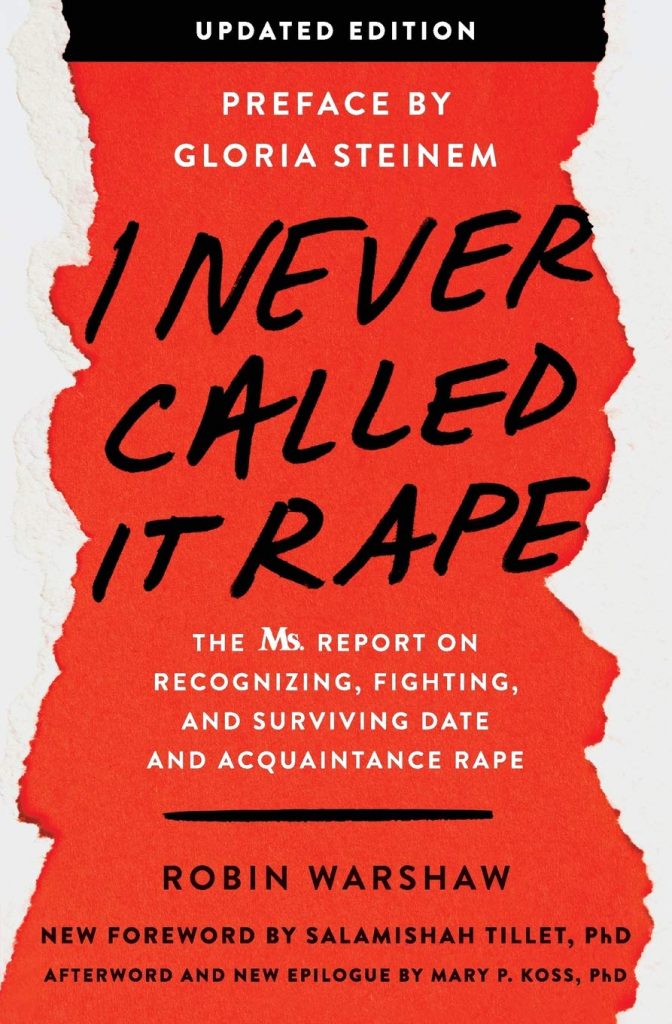
I Never Called It Rape (2019)
by Robin Warshaw
With the advent of the #MeToo and Time’s Up movements, and almost daily news report about rape, both on and off campuses, Robin Warshaw’s I Never Called It Rape is even more relevant today than when it was first published in 1988. The sad truth is that statistics on date rape have not changed in more than thirty years. I Never Called It Rape serves as a guide to understanding rape as a cultural phenomenon – providing women and men with strategies to address our rape endemic. It gives survivors the context and resources to help them heal from their experiences, and pulls the wool from all our eyes regarding the pervasiveness of rape and sexual assault in our society.
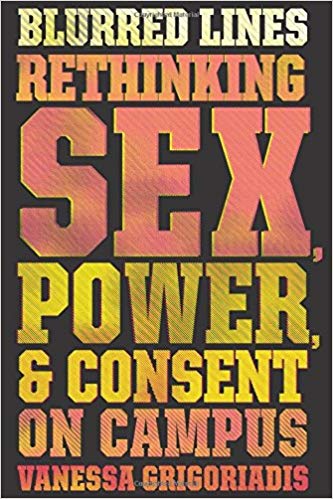
Blurred Lines (2017)
by Vanessa Grigoriadis
A new sexual revolution is sweeping the country, and college students are on the front lines. Few places in America have felt the influence of #MeToo. Grigoriadis captures the nature of this cultural reckoning without shying away from its complexity. She travels to schools large and small, embedding in their social whirl and talking candidly with dozens of students, as well as to administrators, parents, and researchers. Blurred Lines is a riveting, indispensable illumination of the most crucial social change on campus in a generation.
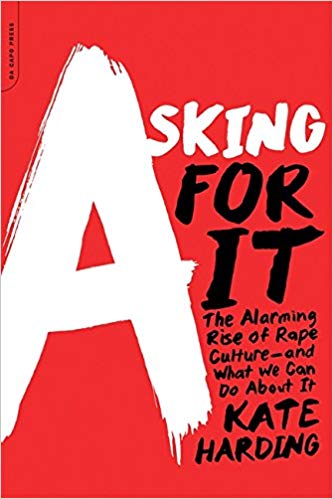
Asking For It (2015)
by Kate Harding
In Asking For It, Kate Harding combines in-depth research with a frank, no-holds-barred voice to make the case that twenty-first-century America supports rapists more effectively than it supports victims. From institutional failures in higher education to real-world examples of rape culture, Harding offers ideas and suggestions for how we, as a society, can take sexual violence much more seriously without compromising the rights of the accused.
Young Adult Fiction
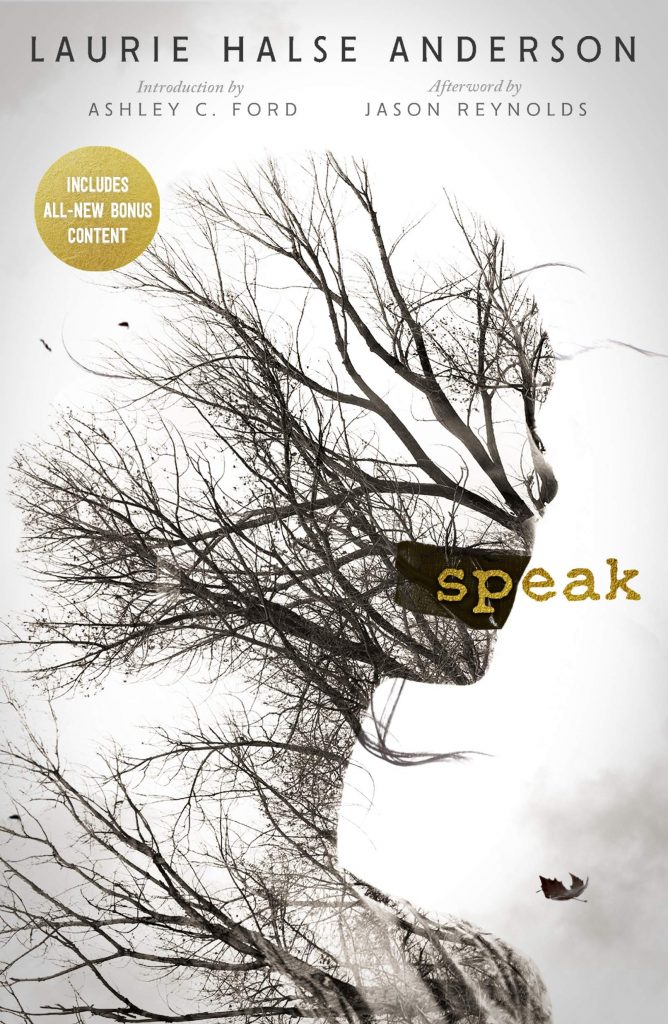
Speak (1999)
by Laurie Halse Anderson
Melinda Sordino busted an end-of-summer party by calling the cops. Now her old friends won’t talk to her, and people she doesn’t even know hate her from a distance. The safest place to be is alone, inside her own head. But even that’s not safe. Because there’s something she’s trying not to think about, something about the night of the party that, if she let it in, would blow her carefully constructed disguise to smithereens. And then she would have to speak the truth. This extraordinary first novel has captured the imaginations of teenagers and adults across the country.
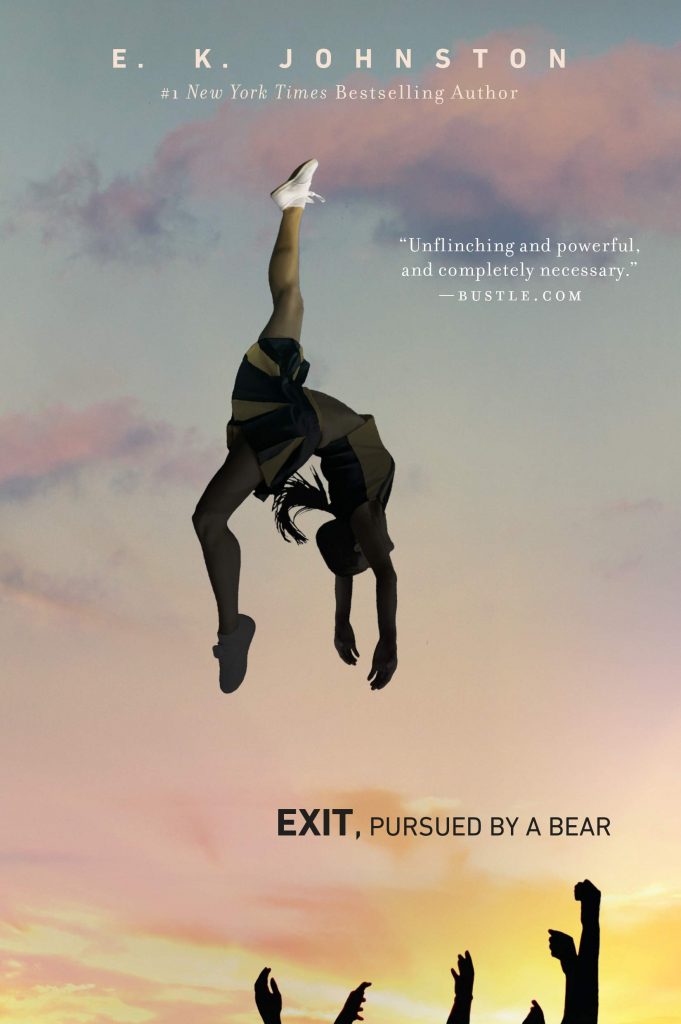
Exit, Pursued by a Bear (2016)
by E.K. Johnston
Hermione Winters is captain of cheerleading team, and in tiny Palermo Heights, this doesn’t mean what you think it means. At PHHS, the cheerleaders don’t cheer for the sports teams; they are the sports team – the pride and joy of a tiny town. The team’s summer training camp is Hermione’s last and marks the beginning of the end of … she’s not sure what. She does know this season could make her a legend. But during a camp party, someone slips something in her drink. And it all goes black.
In every class, there’s a star cheerleader and a pariah pregnant girl. They’re never supposed to be the same person. Hermione struggles to regain the control she’s always had and faces a wrenching decision about how to move on. The assault wasn’t the beginning of Hermione Winters’ story and she’s not going to let it be the end. She won’t be anyone’s cautionary tale.
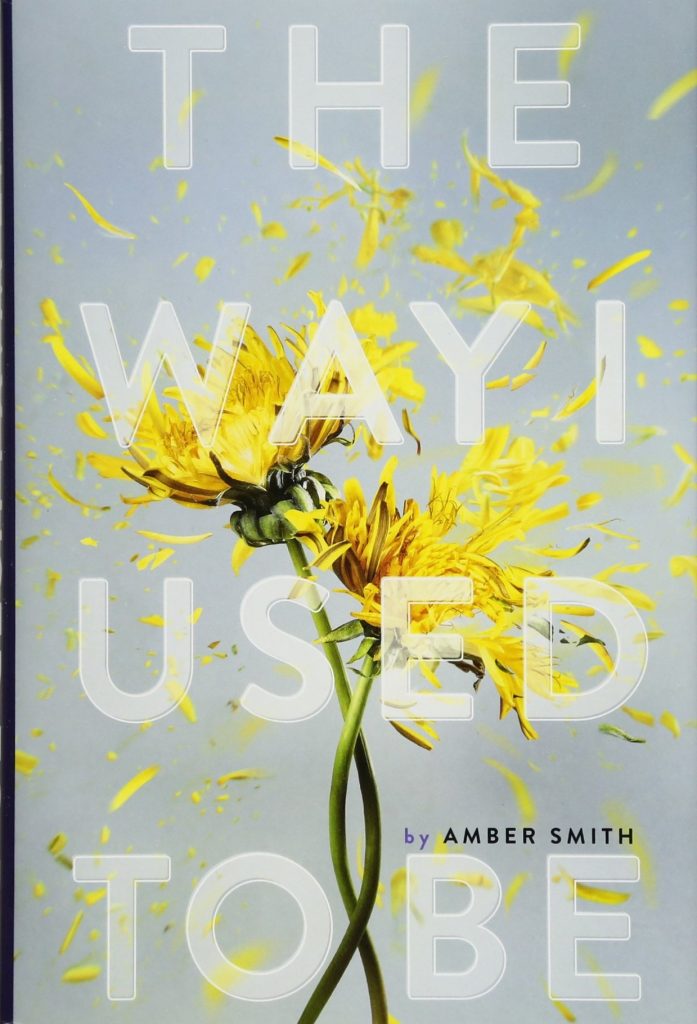
The Way I Used to Be (2016)
by Amber Smith
Eden was always good at being good. Starting high school didn’t change who she was. But the night her brother’s best friend rapes her, Eden’s world capsizes.
What was once simple is now complex. What Eden once loved – who she once loved – she now hates. What she thought she knew to be true is now lies. Nothing makes sense anymore, and she knows she’s supposed to tell someone but she can’t. So she buries it instead. And she buries the way she used to be.
Told in four parts – freshman, sophomore, junior, and senior year – this provocative debut reveals the deep cuts of trauma. But it also demonstrates one young woman’s strength as she navigates the disappointment and unbearable pains of adolescence, of first love and first heartbreak, of friendships broken and rebuilt, and while learning to embrace a power of survival she never knew she had hidden within her heart.
Young Adult Nonfiction
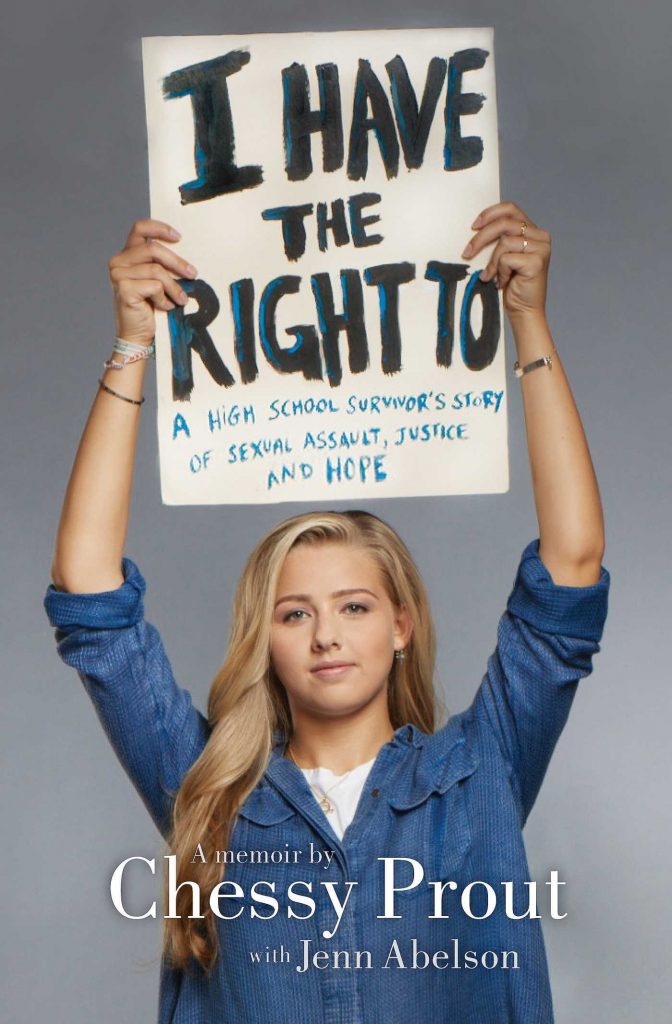
I Have the Right To (2018)
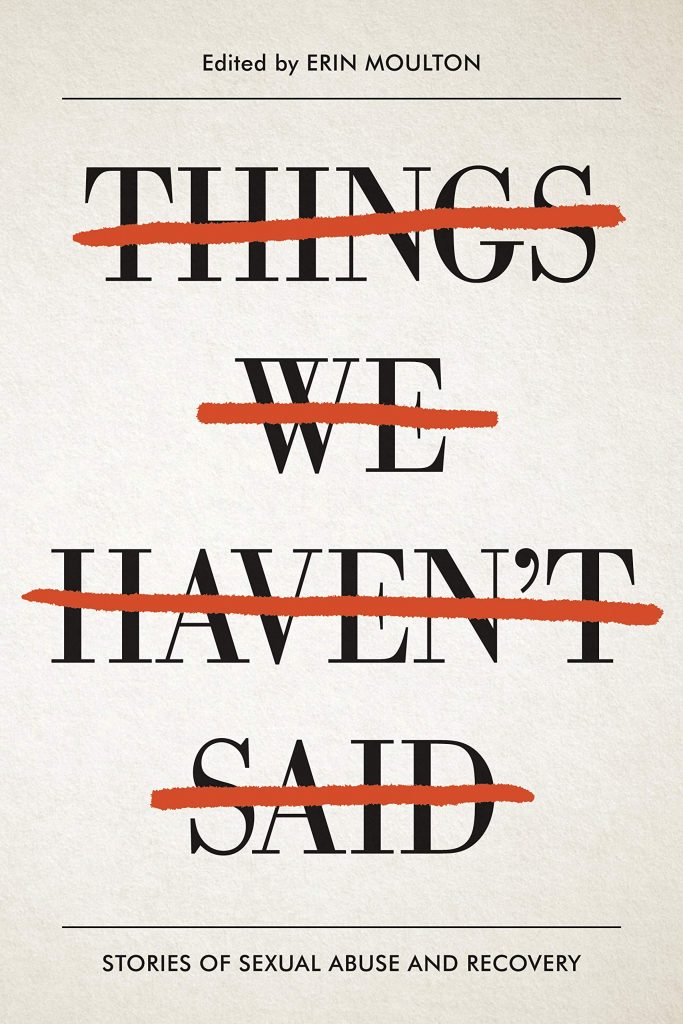
Things We Haven't Said (2017)
edited by Erin Moulton
A powerful collection of poems, essays, letters, and interviews written by a diverse group of adults who survived sexual assault as children and adolescents. This anthology is a valuable resource to help teens upend stigma and create a better future.